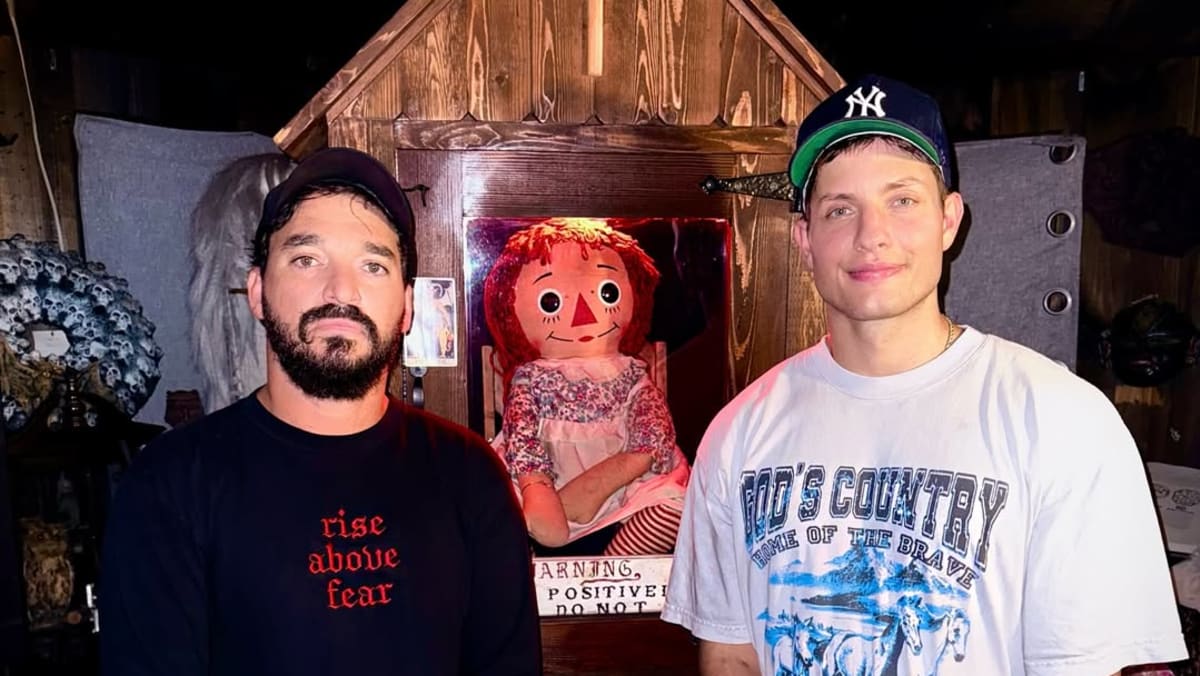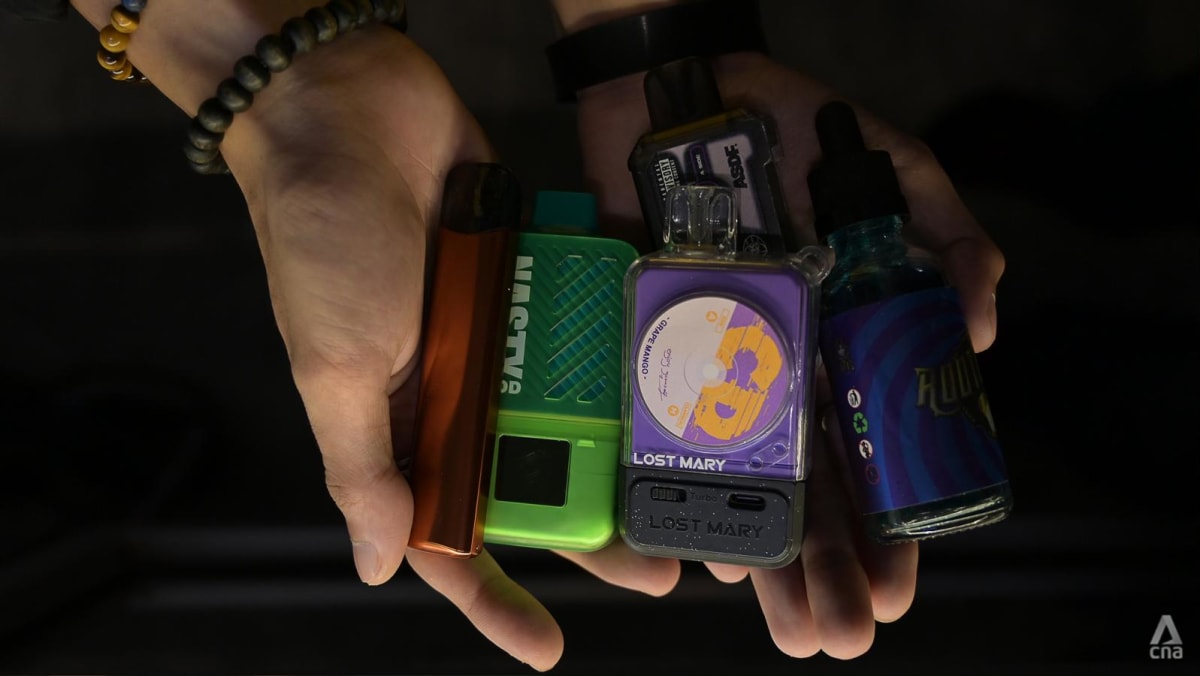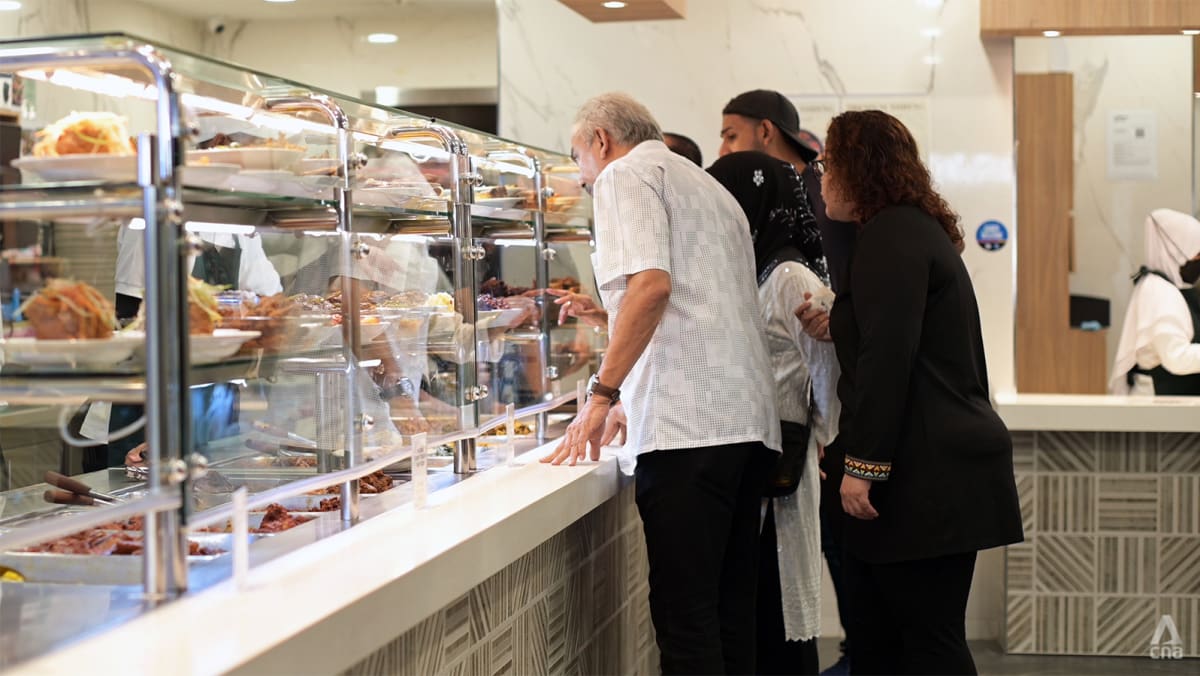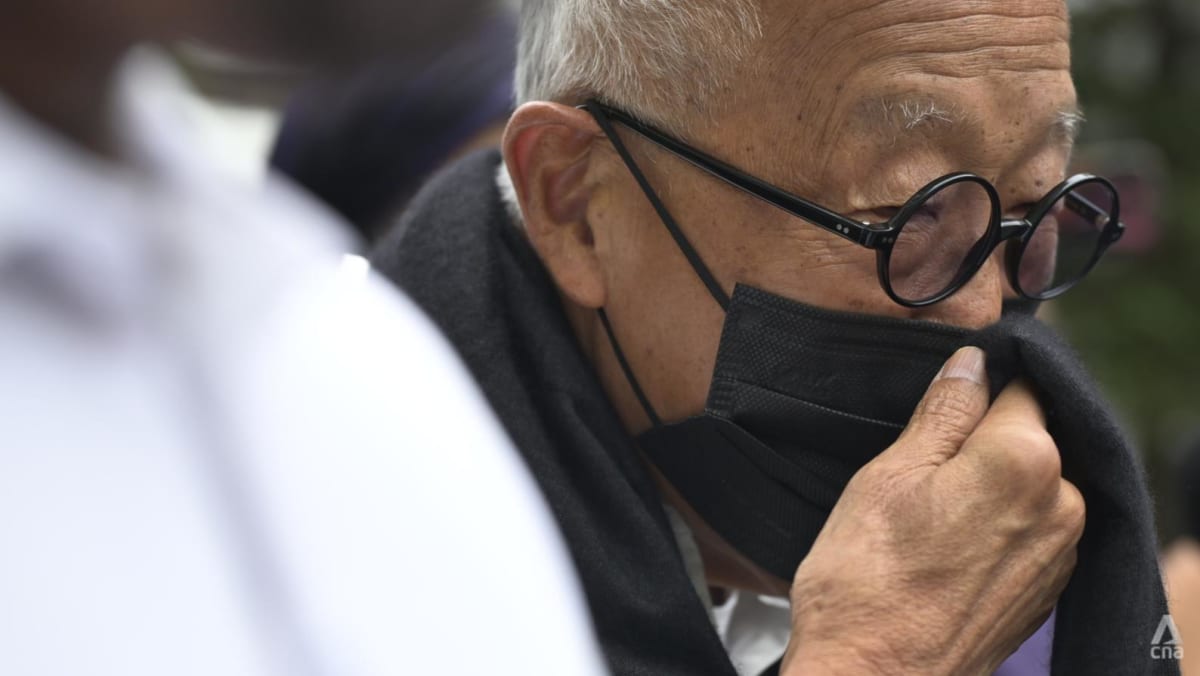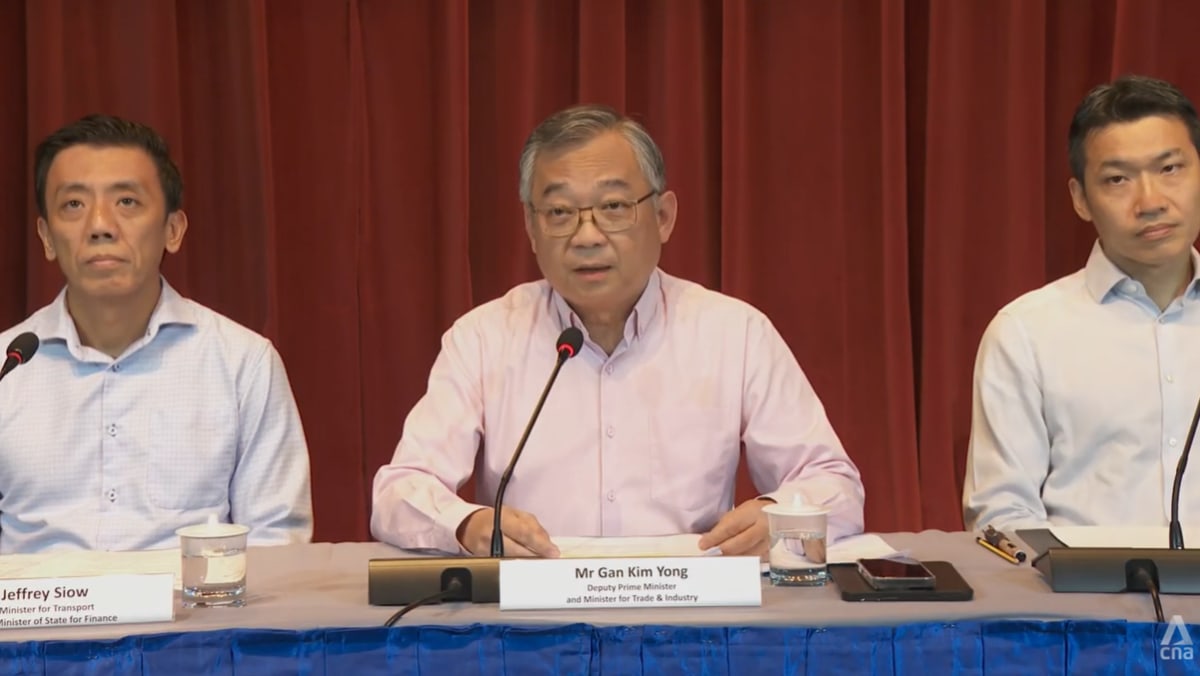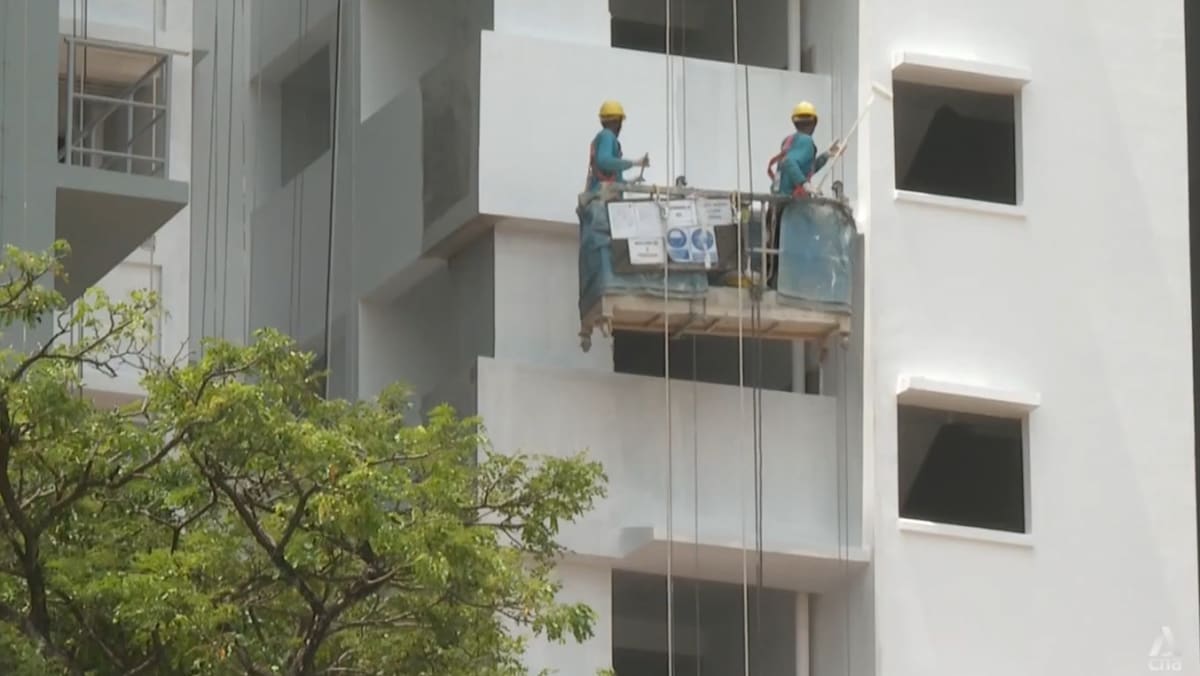But these efforts can only succeed if backed by support structures such as public education, counselling and addiction recovery services.
Teens who are vaping to cope with mental health issues, academic stress or social pressure are likely to respond more favourably to counselling and other rehabilitative programmes than the stick.
It is worth noting that a similar, albeit smaller, initiative was launched in November 2023 by the MacPherson Youth Network and Bilby Community Development, calling for youths aged 12 to 30 to surrender their vapes to receive a S$30 gift voucher for shops like Decathlon and Sephora.
Whether such financial incentives are enough to motivate quitting is unclear. A more effective long-term approach would focus on helping vape-addicted youths address the underlying issues that compel them to vape in the first place.
THERE IS NO “SAFE” VAPE
As public discussions on Kpods continue, it is important to remember this: All forms of vaping come with serious health risks. There is no “safe” vape.
The authorities are rightly cracking down on Kpods, but that attention should serve to open up the conversation, not narrow it.
Kpods may be the latest concern, but they are part of a much larger and evolving landscape. The more we talk openly about the risks, the more we can prevent harm before it starts.
Yvette van der Eijk is Assistant Professor at the Saw Swee Hock School of Public Health, National University of Singapore. Jared Ng is Communications Manager at the Institute for the Public Understanding of Risk, National University of Singapore.
